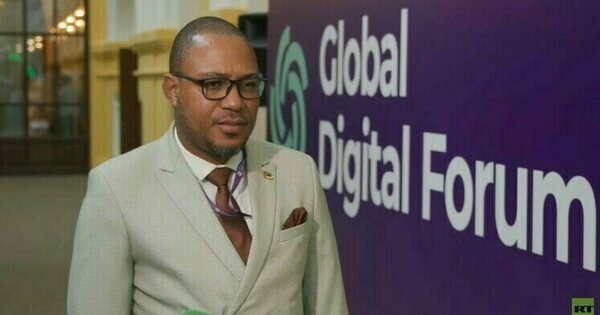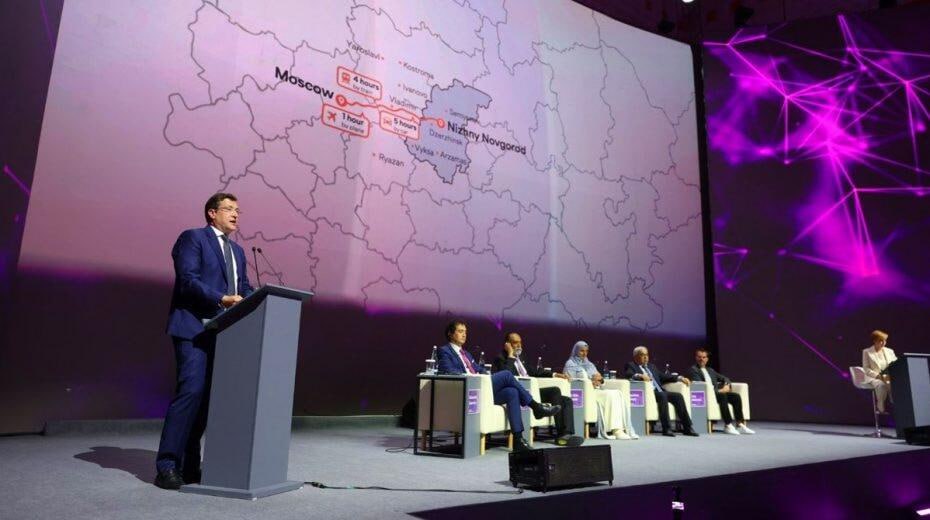The modern Internet, combined with the latest digital technologies, undoubtedly influences the future of the planet. While serving as a driver of progress, the Internet has also become an arena for ideological, political, and economic clashes — a global players’ confrontation zone.
The topic of Internet communication development will be central at the Global Digital Forum (held at Nizhny Novgorod, June 5–6, 2025). Representatives from multiple foreign countries will bring to the forum their visions and ideas for building the Net of the future.
An engaging discussion is expected on issues related to Internet fragmentation — perhaps, the most pressing problem today, as states now more than ever need to rely on legal concepts and effective international instruments that would adequately address modern challenges. Internet fragmentation is becoming part of the complex transformation of the socio-technical environment in which current and future generations will live.
More detailed information on the evolution of global discussion about Internet fragmentation can be found in the article by Andrey Ignatiev, Head of the Analytical Track at the Center for Global IT Cooperation, "Internet Fragmentation on the United Nations’ Agenda" (published in the latest issue of the HSE University Journal of International Law, Vol. 3, No. 1, 2025, available at: https://jil.hse.ru/article/view/27032).
The article reflects contemporary approaches to Internet regulation with regard to fragmentation issues. It highlights contradictory and divergent trends: attempts to preserve and strengthen integrity and resilience of the Internet at the international level, alongside states’ push for sovereignty and protection of their national segments of the Web. The article presents a retrospective, as well as further course of discussion on the issues of fragmentation within the UN and the World Summit on the Information Society (WSIS). Highly complex systems of a cross-border scale become the objects of regulation, which makes it increasingly difficult to develop a balanced framework that ensures progressive and secure Internet development in the context of transition to digital society. This can only be achieved by recognizing existential risks and establishing fair international mechanisms. However, as real governance levers — at the infrastructural and technological levels — increasingly fall under the control of transnational corporations, developing such fair mechanisms within the framework of slow, bureaucratic, and often outdated procedures becomes more challenging.
The Global Digital Forum may feature interesting new perspectives and proposals on this issue. The Center for Global IT Cooperation will host one of the sessions on Internet development: "Digital Independence: How to Counter the Monopoly of Global Platforms" on June 6 (Hall 4, 10:30–11:45).




